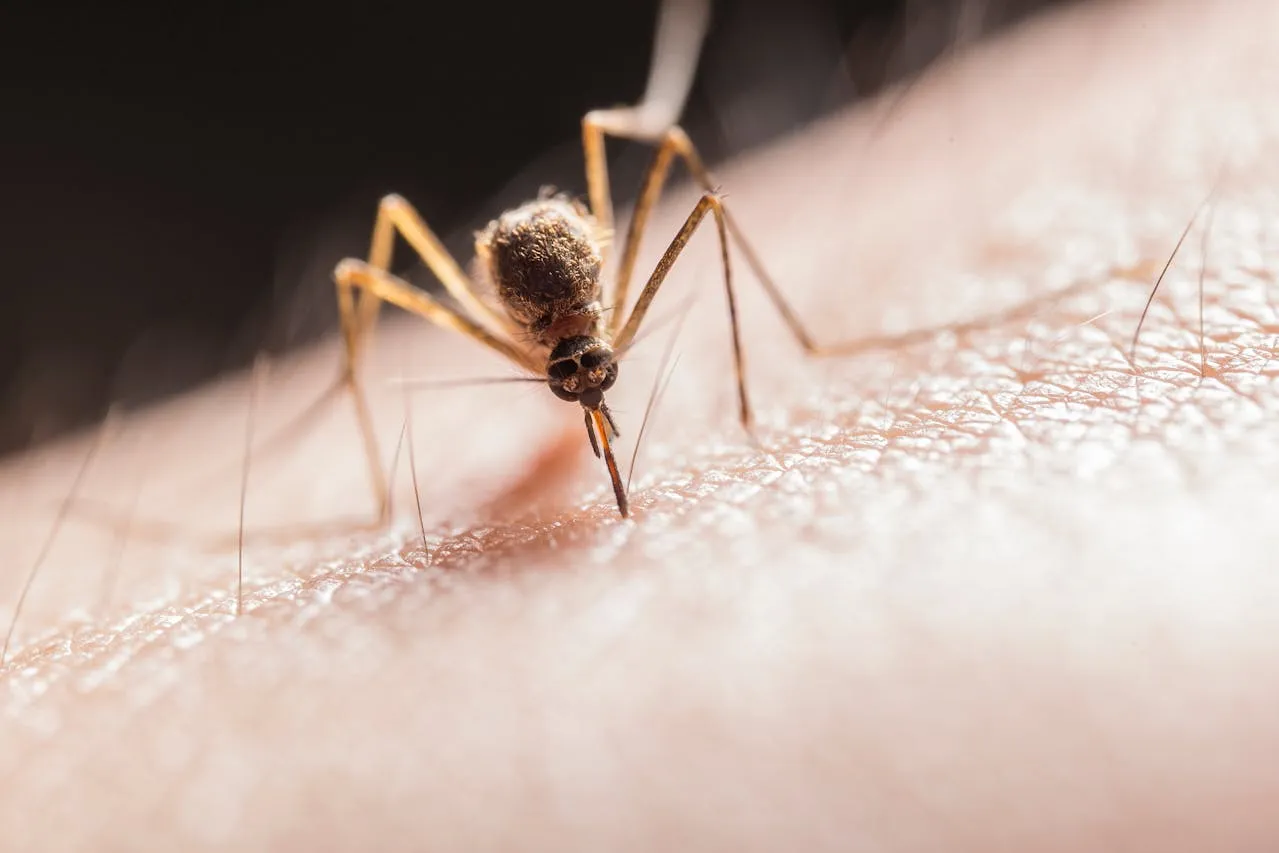
Suriname Becomes First Amazon Nation to Earn WHO Malaria-Free Certification
In a historic public health milestone, the Republic of Suriname has been officially certified as malaria-free by the World Health Organization (WHO), becoming the first country in the Amazon region to achieve this designation. This remarkable achievement marks the culmination of nearly seven decades of unrelenting effort by the Surinamese government, health authorities, and local communities to eliminate the disease from their densely forested and geographically diverse nation.
“WHO congratulates Suriname on this remarkable achievement,” said Dr. Tedros Adhanom Ghebreyesus, WHO Director-General. “This certification is a powerful affirmation of the principle that everyone—regardless of nationality, background, or migration status—deserves universal access to malaria diagnosis and treatment. Suriname’s steadfast commitment to health equity serves as an inspiration to all countries striving for a malaria-free future.”
With today’s certification, Suriname joins the ranks of 46 countries and one territory worldwide that have eliminated malaria, 12 of which are in the WHO Region of the Americas. The WHO grants malaria-free certification only after a country can demonstrate, beyond reasonable doubt, that local transmission of the disease has been interrupted continuously for at least three years.
The journey to malaria elimination in Suriname has been anything but straightforward. Located in the heart of South America’s malaria-endemic zone, the country has had to contend with numerous geographic, environmental, and epidemiological challenges. From thick rainforests and remote gold mining camps to cross-border migration and resource-limited health systems, Suriname faced a complex web of obstacles in its fight against the mosquito-borne disease.
Despite these difficulties, Suriname mounted a robust, multipronged response grounded in disease surveillance, rapid diagnosis, effective treatment, and community engagement. Health workers prioritized identifying every case quickly and launching targeted responses to prevent further spread. Mobile health teams trekked into remote and forested regions, providing testing and treatment services to underserved populations, including mobile miners and Indigenous communities.
“Suriname did what was needed to eliminate malaria—detecting and treating every case quickly, investigating to prevent spread, and engaging communities,” said Dr. Jarbas Barbosa, Director of the Pan American Health Organization (PAHO), WHO’s regional office for the Americas. “This certification reflects years of sustained effort, especially in reaching remote areas. It means future generations can grow up free from this potentially deadly disease.”
Key to Suriname’s success was its ability to adapt and innovate. The country implemented a dynamic malaria surveillance system that allowed health authorities to track outbreaks and respond swiftly. Community health workers were trained to use rapid diagnostic tests and administer artemisinin-based combination therapies—the gold standard in malaria treatment. Public awareness campaigns helped educate residents on prevention strategies, including the use of insecticide-treated bed nets and environmental vector control.
Dr. Amar Ramadhin, Suriname’s Minister of Health, emphasized the broader impact of this achievement: “Being malaria-free means that our population is no longer at risk from malaria. Furthermore, eliminating malaria will have positive effects on our healthcare sector, boost the economy, and enhance tourism.”
He added that the accomplishment brings with it new responsibilities: “At the same time, we recognize that maintaining this status requires ongoing vigilance. We must continue to take the necessary measures to prevent the reintroduction of malaria. We are proud that our communities are now protected, and we look forward to welcoming more visitors to our beautiful Suriname—while remaining fully committed to safeguarding these hard-won gains.”
Suriname’s success story demonstrates that eliminating malaria is possible, even in regions where the disease was once highly endemic. It also serves as a beacon of hope and a model for other nations in the Amazon Basin and beyond.
As the world continues to battle persistent and resurgent malaria in many areas—particularly in Sub-Saharan Africa and parts of Asia—Suriname’s journey offers a clear message: with sustained political commitment, community involvement, and strong health systems, even the most formidable challenges can be overcome.





